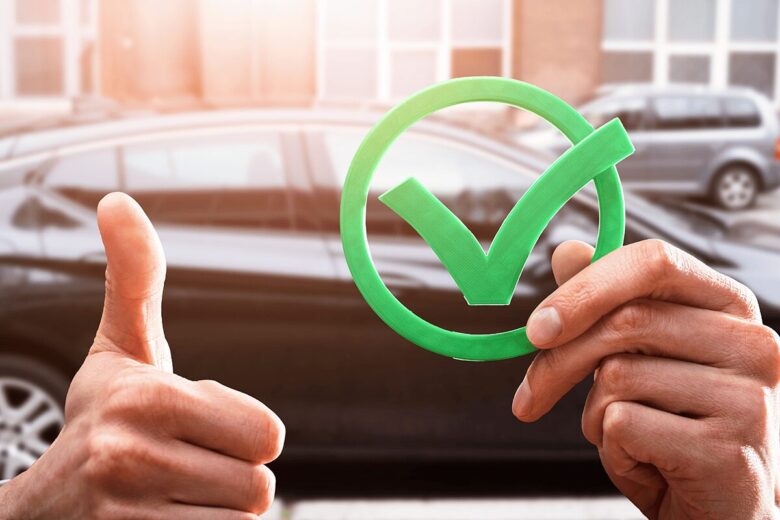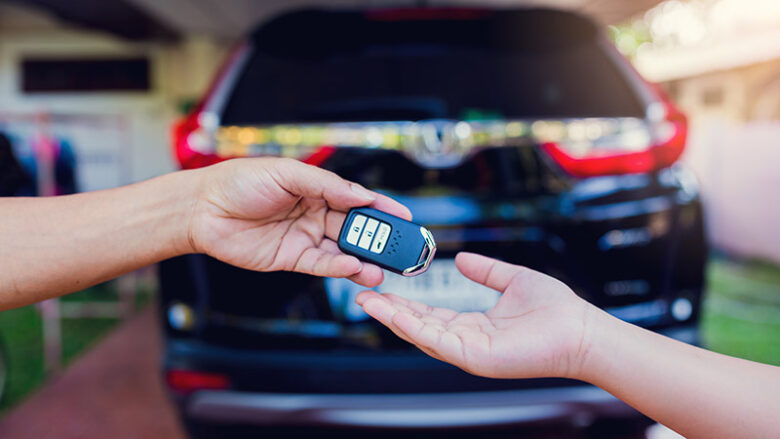A car history check is a critical tool for anyone looking to purchase a used vehicle. This check provides a comprehensive report on a vehicle’s past, including its ownership, accident history, and maintenance records. Understanding the importance of car record checks is crucial, as it can save buyers from costly mistakes and unforeseen problems. By revealing the car’s full story, these checks offer a layer of protection and peace of mind, making them an indispensable part of the car buying process.
What is a Car History Check?

A car history check is a thorough investigation into a vehicle’s past, compiling data from various authoritative sources. These sources include government agencies, insurance companies, and service centers, ensuring that the information is accurate and comprehensive. The primary purpose of this check is to uncover the vehicle’s complete history, helping potential buyers make informed decisions. It’s a vital step in verifying the car’s condition, authenticity, and legal status, ensuring that buyers are not investing in a vehicle with hidden problems or dubious origins.
Information Included in a Car History Check
The car history report includes crucial details such as accident history, previous ownership, recorded mileage, service and repair records, and whether the car was ever reported stolen or involved in illegal activities. Each detail offers insights into the car’s past and current state. For example, a detailed service record shows how well the car was maintained, potentially indicating a longer lifespan and fewer future repairs. Similarly, the accident record can significantly affect the car’s safety and resale value, making it a critical factor to consider.
Detecting Hidden Problems
Car history checks are invaluable in uncovering hidden issues that might not be immediately apparent during a physical inspection or test drive. These problems can range from past accidents, which may compromise the vehicle’s structural integrity, to unreported thefts, which could pose legal complications for the new owner. For instance, a car may have undergone major repairs after an accident, affecting its safety and performance. Without a comprehensive record check, these issues might remain undisclosed, potentially leading to costly repairs and safety risks for the unsuspecting buyer.
Preventing Buying a Lemon

A car history check is a powerful tool in preventing the purchase of a “lemon” – a vehicle with numerous problems or a problematic history. By revealing the car’s past accidents, repairs, and maintenance, buyers can avoid investing in a vehicle that is likely to cause trouble and incur additional costs down the line. There are numerous instances where buyers, who skipped the history check, ended up with cars that had chronic mechanical issues or were previously totaled. Such stories underscore the importance of car record checks in making a safe and financially sound vehicle purchase.
Identifying Title Issues
Car history checks play a crucial role in identifying title issues, such as salvage titles, liens, or a history of being totaled. These title problems can have significant legal and financial consequences. For example, a salvage title indicates that an insurance company has declared the car a total loss, which can substantially diminish its value and raise safety concerns. Liens, on the other hand, mean that the car was used as collateral for a loan and might not be fully owned by the seller. Understanding these title nuances is essential to avoid legal troubles and financial losses.
Protecting Against Fraud
Car history checks are a critical line of defense against various forms of automotive fraud. These checks can expose common scams such as odometer tampering, where sellers manipulate the mileage to inflate the car’s value, or VIN cloning, where the vehicle’s identification number is illegally altered. By verifying the car’s record, buyers can avoid falling prey to these deceptive practices, ensuring they get what they pay for. This level of protection is invaluable in today’s market, where such scams are becoming increasingly sophisticated.
Resale Value and Insurance Costs

A clean history can significantly impact a car’s resale value. Cars with a history of accidents, major repairs, or title issues often sell for much less. Additionally, a vehicle’s history affects insurance costs; cars with a record of accidents or theft may attract higher insurance premiums. Understanding these implications helps buyers make cost-effective choices, ensuring they invest in a vehicle that retains its value and doesn’t incur unexpected additional costs.
Steps to Perform a Car History Check
Performing a car history check is straightforward. Buyers should start by obtaining the vehicle’s VIN (Vehicle Identification Number) and then use reputable sources or websites to access the car history report. These sources compile data from various databases, offering a comprehensive view of the car’s record. It’s essential to choose a reliable service to ensure the accuracy and completeness of the information.
Costs of Car History Checks
The cost of obtaining a car history report can vary. Some services offer basic checks for free or a low cost, while more detailed reports may come at a higher price. It’s important for buyers to consider the level of detail they need and choose an option that provides the necessary information within their budget. Investing in a comprehensive check can save significant money in the long run by avoiding costly mistakes.
Common Misconceptions

There are several misconceptions about car history checks. Some people believe they are unnecessary for newer cars or those with low mileage, but even these vehicles can have hidden issues. Others assume these checks are too expensive or time-consuming, which is not the case, considering the potential risks of not performing them. It’s crucial to dispel these myths and understand the true value of a car record.
Conclusion
In conclusion, car history checks are an essential aspect of the used car buying process. They provide valuable insights into a vehicle’s past, helping buyers make informed decisions and avoid potential pitfalls. With the ease of obtaining these checks and their importance in safeguarding against fraud, legal issues, and unexpected costs, it’s clear that performing a car history check should be a standard practice for all used car purchases.

